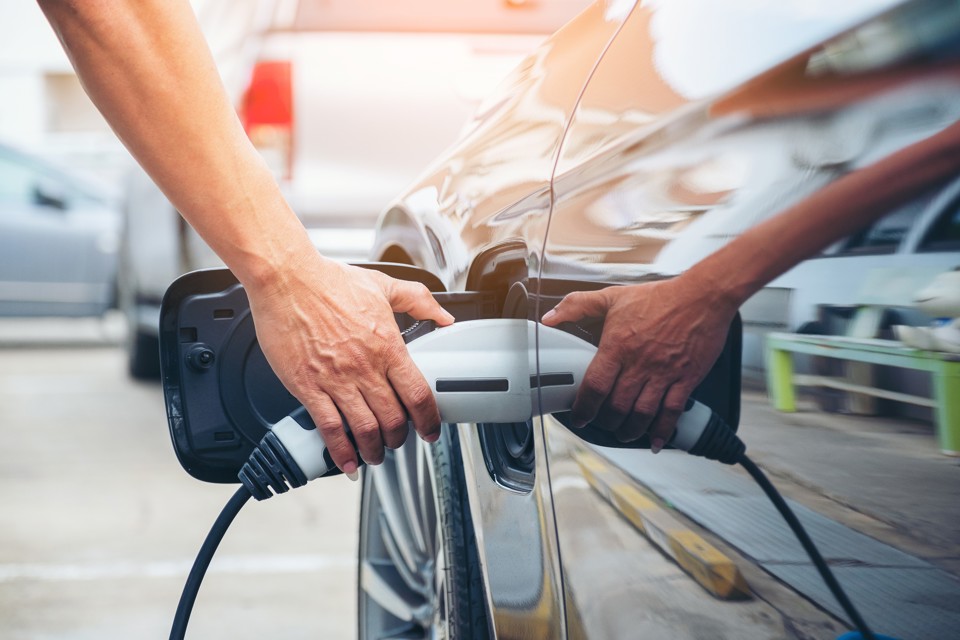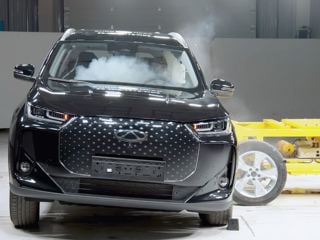The number of people who plan to own an electric vehicle (EV) in the next decade has fallen, according to a new study by CarGurus.
Data published by the used car buying platform shows Brits’ long-term appetite for EVs is in decline with 59% of people saying they expect to own one in the next ten years, compared to 66% last year. Potential ownership in the next five years (44% vs 40%) also fell.
CarGurus’ research found the decrease in interest has come largely from the younger generation, with the likelihood of EV adoption in the next 10 years from those in the 18-29 age bracket dropping by 18% (74% to 56%).
Alexandra Howerter, senior customer insights analyst at CarGurus, said: “Our research shows that we are still noting the same concerns around EVs that we have been hearing since they first started to emerge on the UK market, whether that be the availability of charge stations, or charging capacity improvements.
“Any future improvements to the electric vehicle infrastructure will seemingly have a positive impact on potential EV take up.”
Data from the Society of Motor Manufacturers and Traders (SMMT) shows that EV sales have soared in the first half of 2022, rising by 56% year-on-year and achieving a market share of 14.4%.
A fifth of dealers told Auto Trader that they will never sell EVs, however.
Research findings shared in the automotive marketplace’s latest update to its Road to 2030 report laid bare a growing gulf between consumer sentiment towards the shift to EVs and many retailers preparedness and willingness to embrace change.
Over half of retailers (51.6%) surveyed by Auto Trader said they felt unprepared and not strategically ready to respond to this surging demand, with 20% of franchised retailers making the statement, compared to 59.9% of independent retailers.
And while over half of retailers (50.4%) surveyed said they had never sold an EV, 22% said that they never would.
CarGurus’ research found that 30-44-year-old car buyers were increasingly open to buying an EV within the next decade, citing a 7% increase (65% to 72%) compared to 12 months ago.
When asked about the most important factors that would convince drivers to go electric, 49% of respondents put more availability of charging stations at the top of their list. Technology improvements with reference to battery range and charge time (47%), and cost parity with ICE-vehicles (43%) were also highlighted.
Tax incentives and rebates (33%) were noted to be one of the most effective measures of convincing people to make the switch. This comes following the Government announcement earlier this year that it was closing the plug-in grant scheme to new orders.
The research from CarGurus also highlighted the most desirable car brands among potential EV drivers.
Ford, Audi and BMW claimed the top three spots, followed by Volkswagen and Tesla. Interest in Mercedes (-15%), BMW (-15%) and Audi (-14%) declined the most when comparing 2021 with 2022.
Most desired EV brands (2022 vs 2021) among potential EV buyers:
|
Rank |
Brand |
2022 consideration |
|
1 |
Ford |
35% |
|
2 |
Audi |
31% |
|
3 |
BMW |
29% |
|
4 |
Volkswagen |
29% |
|
5 |
Tesla |
27% |
|
6 |
Toyota |
25% |
|
7 |
Hyundai |
21% |
|
8 |
Vauxhall |
20% |
|
9 |
Kia |
20% |
|
10 |
Nissan |
19% |
|
11 |
Mercedes-Benz |
19% |
|
12 |
Honda |
17% |
|
13 |
Renault |
14% |
|
14 |
Peugeot |
14% |
|
15 |
Volvo |
13% |


















Login to comment
Comments
No comments have been made yet.